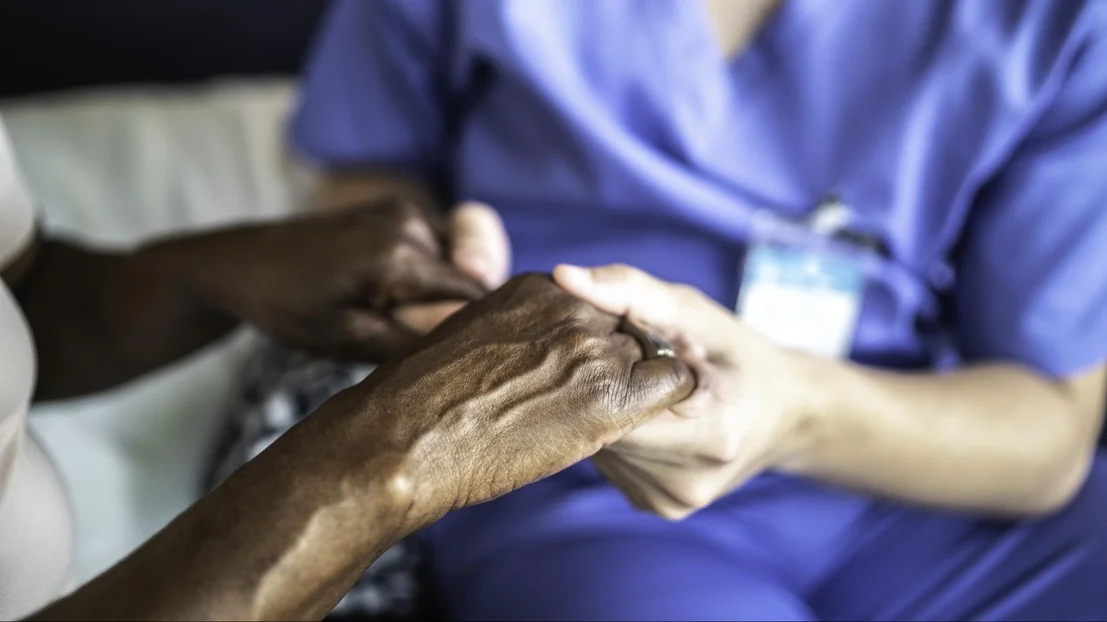Parkinson’s Disease Treatment
Be independent by taking control of your Parkinson’s Disease
Parkinson’s Disease Treatment Centre
Parkinson’s disease is a chronic condition that affects both the neurological system and the bodily components that are under the control of the nervous system. Symptoms emerge gradually. The initial sign might be a little tremor in only one hand. Although tremors are typical, the disease might also make you stiff or move more slowly.

Symptoms of Parkinson’s Disease
Each person will experience the signs and symptoms of Parkinson’s disease differently. Early symptoms could be negligible and overlooked. Even when symptoms start to affect the limbs on both sides, they begin from one side of the body and generally continue to be severe there.
Parkinson’s symptoms and indicators include:
- Tremor : The most frequent sign is tremor, or shaking, of the limbs, usually the hand or fingers. The most frequent sign is tremor, or shaking, of the limbs, usually the hand or fingers.
- Slower mobility : Over time, the motion became strenuous and time-consuming. Typically, steps get shorter and slower, dragging as when walking.
- Rigid muscles : In different parts of the body can experience pain, and stiffness in muscles along with limited mobility.
- Impaired posture and balance : Over time, balance issues get worse, and posture slumps.
- Loss of automatic motions : It gets harder to make unconscious movements like blinking, grinning, or swinging arms.
- Speech modifications : A patient could mumble, speak fast, slur, or pause before speaking. Speech may lack the customary speech patterns and seem more monotonous.
- Writing changes : It gets more difficult to write, and it seems smaller.
The face may be expressionless in the early stages of Parkinson’s disease. A person might not swing their arms while walking, speech might become slurred or dull. As the illness advances over time, Parkinson’s disease symptoms get worse.
Despite the fact that there is no cure for Parkinson’s disease, medicines may greatly reduce symptoms. The neurologists at NHS Neuro Care can provide the best possible care that will help in the management of the disease.
Causes of Parkinson’s Disease
Certain brain nerve cells (neurons) eventually deteriorate or die due to Parkinson’s disease. A decrease of neurons that generate the chemical messenger dopamine in the brain is the cause of many symptoms. Dopamine deficiency results in abnormal brain activity, which worsens movement impairment and other Parkinson’s disease symptoms.
- Genes : Particular genetic variations can lead to Parkinson’s disease. If a family member also has Parkinson’s disease, there is an increased risk of developing it.
- Environmental Triggers : Parkinson’s disease may develop later if you are exposed to specific poisons or environmental factors, although the risk is quite low.
Risk factors include
- Age : The risk rises as one becomes older; it mainly affects those who are 60 or older.
- Heredity : The chances of getting the illness increase if one of the relatives has the illness.
- Sex : Men are more likely to experience it than women.
- Exposure to toxins : Regular exposure to pesticides and herbicides carries a minor amount of danger as well.
Complications that can occur
Over a period of time, Parkinson’s Disease may also cause various other complications. These include:
- Depression and emotional disturbances : A person may experience dread, worry, and motivation loss, which are frequent in the early stages of illness.
- Drooling : It results from difficulty swallowing brought on by saliva buildup.
- Eating Challenges : In the later stages of the condition, chewing and eating become challenging when mouth muscles are impaired.
- Later stages of the illness may lead to cognitive impairments
- Sleep problems : This includes recurrent nighttime awakenings, early morning awakenings, or daytime sleepiness.
- Bladder Issues: Over time, bladder issues such as inability to manage pee or trouble urinating develop. Such patients frequently have constipation because of a sluggish digestive system.
- Blood pressure fluctuations can cause dizziness.
- Other : Smell malfunction, exhaustion, and discomfort in particular body parts are also noted.
Parkinson’s Disease Treatment Centre
The aim of treatment at NHS Neuro Care is to manage symptoms, enable patients to function independently of various medications, and postpone the onset of new symptoms. There are no known strategies to prevent Parkinson’s because it has no identified cause. Our neurologists closely engage with the patient to determine a course of therapy that will help them in proper management of the disease.
Treatments
Social links
Contact us
NHS Hospital, Near Sports College, 300m From Kapurthala Chowk, Jalandhar, Punjab, India. Pin code : 144008
neurocare@nhshospital.in
+91 9888173033
0181 4633333
